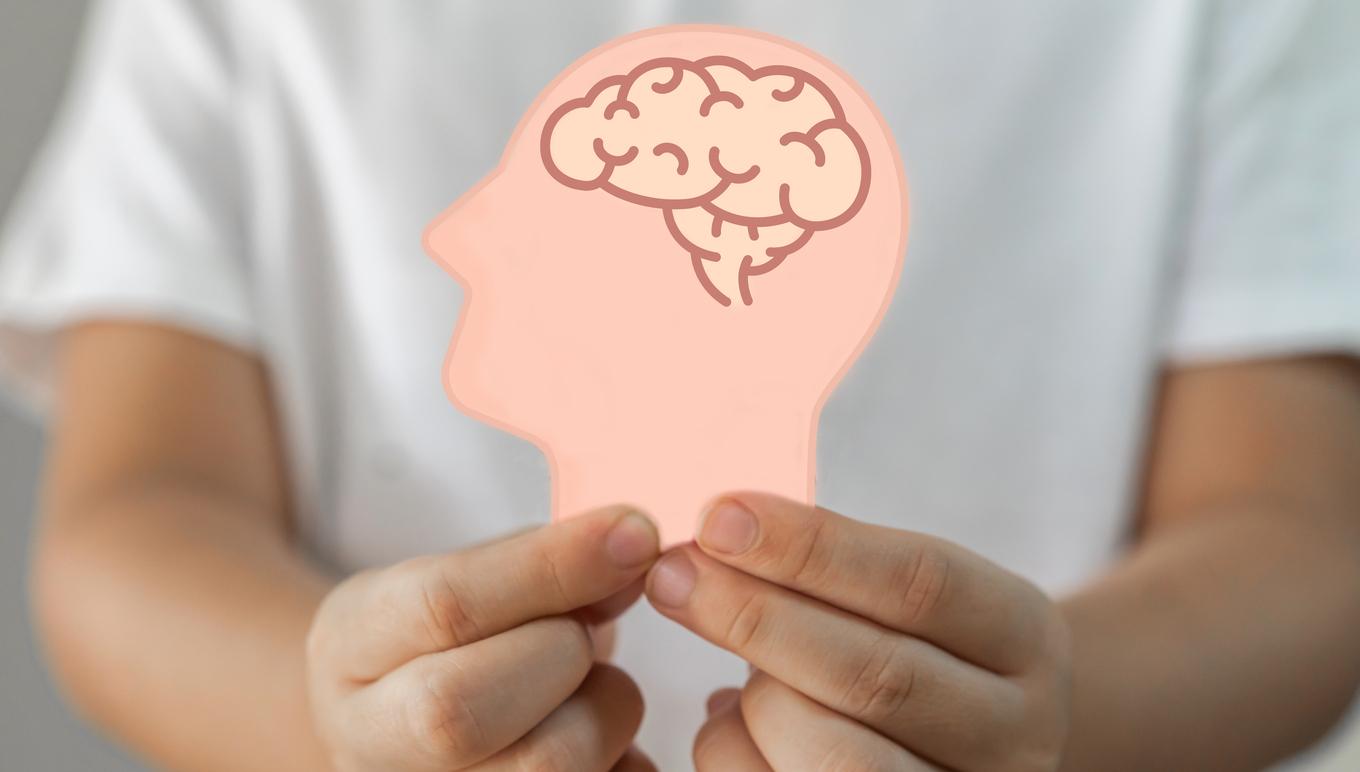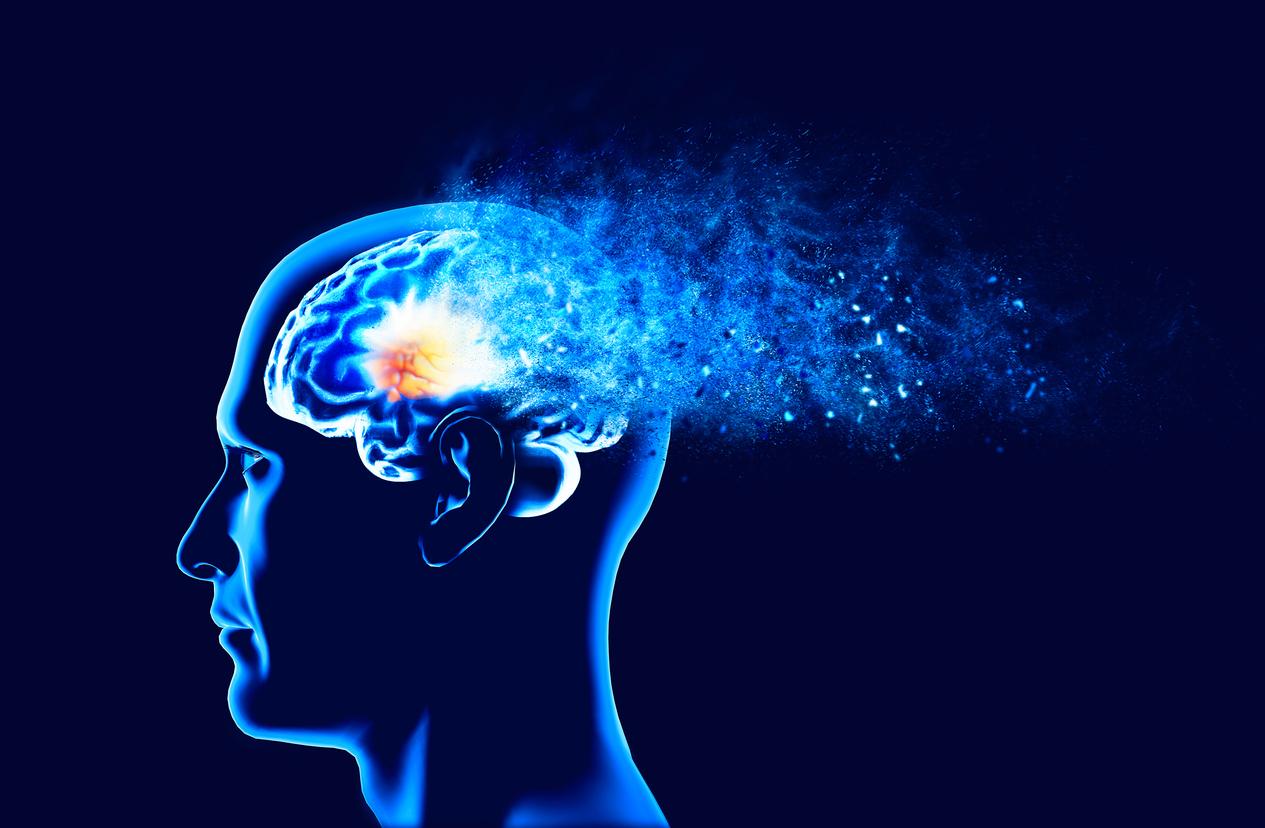Making your brain work, especially by practicing activities such as puzzles or board games, can slow down cognitive decline from 5 years, suggests a study that has just been published in the journal Neurology. Researchers from the Chicago School of Medicine (USA) followed for almost 7 years, 1903 elderly people who did not have any form of dementia at the start of follow-up, and who reported their frequency of participation in cognitive stimulation activities.
At the end of this study, 457 people had been diagnosed with Alzheimer’s disease. The mean age of onset was 88.6 years in those who did no cognitive activity, compared to a mean age of onset of 93.6 years in those who performed cognitive activities very regularly. “A cognitively active lifestyle in old age may delay the onset of dementia in Alzheimer’s disease by up to 5 years.
We make new neurons
“Our brain is “plastic” and its capacities are not fixed, explains Erwan Devèze, neuromanagement consultant and author of 24 hours in your brain (ed. Larousse). If you train it, it learns to give the best of itself and it is quite capable, even when you enter the category of “seniors”, of making new neurons (phenomenon known as neurogenesis), and of create new connections between them: thus, our memory is evolving and dynamic… on the condition of avoiding routine and maintaining it!”
And for that, nothing beats curiosity… and play! With spouse, children, parents, friends, we can plan multiple game tournaments. Having fun in a group, between generations, provides good times and stimulates young and old.
Vary the types of games
Among board games, chess particularly improves memory because of the complexity of the rules to remember, but also because it is called upon to avoid past mistakes or to record an opponent’s style of play. Card games based on concentration rather than chance will be the most interesting for stimulating your memory. Tarot, bridge or belote require you to remember the cards played, the previous tricks and to establish and adapt strategies throughout the game.
But everything is good to fuel us: crosswords, puzzles but also backgammon, games of strategy, letters, riddles, memorization… “The more you vary, the better: change your habits, have to concentrate, think , learning new rules, all of this stimulates our gray matter.” Even if we love Sudoku or Scrabble, we are good at it and we would play it for hours, “our brain needs new experiences. We therefore do not hesitate to innovate to escape monotony: ideally, when you master, you change the game!”
How to memorize better?
“We don’t retain well what bores us, whereas what pleases us, captivates us or amuses us is much easier to memorize.” We therefore create our own personal method to, on a daily basis, have more fun and better remember, even what may seem off-putting: remembering the shopping list by composing a recipe or a song, making crazy associations… The more we s’ fun, the more effective it is.
And if many games and apps promise to gain “10 years of memory”, the specialists remain skeptical about their real effectiveness: certainly, they make progress (on a given game), which is normal if you train, but it does not have a miracle effect on everyday life. So, of course, you can have some on your tablet… but you should neither abuse them nor isolate yourself, and not take them for a “preventive treatment” which would be sufficient on its own.
Remember to oxygenate yourself
Our gray matter consumes 20% of the body’s oxygen. A team of researchers from Northwestern University in the United States has shown that good breathing synchronizes the activity of certain brain regions, including the hippocampus, the center of coordination and organization of memory. Playing is also having fun and laughing: good for reducing stress (enemy of memorization) and improving morale, but also quite simply for boosting our oxygen supply, essential for our neurons to give the best of them. – same.
Source :
Cognitive Activity and Onset Age of Incident Alzheimer Disease DementiaNeurology, July 2021
Read also :
- Gardening, tidying up, cleaning, it’s good for the memory
- Having recurring negative thoughts increases the risk of Alzheimer’s disease
- Women’s brains age more slowly than men’s
- Rosemary, a memory booster





















